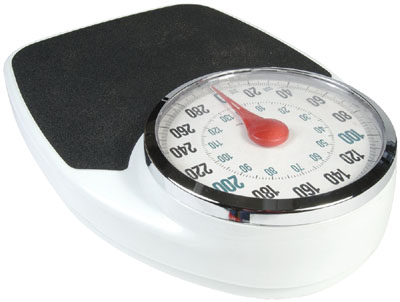What is considered healthy food?
Author: Oksana Aron, MD Source: Weight Loss NYC Oct 28, 2025Defining Food Quality
Whole foods vs Processed foods vs Ultraprocessed foods
Not all foods treat your body the same. Researchers continue to explore a range of diets like Mediterrean, Dash, Mind, and others, to provide guidance for healthy eating. One characteristic shared by all is the degree of processing used in foods. So much so, an international guideline NOVA (sometimes written as Nova) is not an acronym, but the name of a widely used food classification system developed by researchers in Brazil. It categorizes foods into four groups based on the extent and purpose of their industrial processing.

NOVA Food Groups
Focus on the big picture. Cover at least half your plate with fruits and vegetables. Fill the rest with healthy unprocessed foods like beans, whole grains, nuts, low-fat dairy, fish, and poultry.
Unprocessed or Minimally Processed Foods
These are natural foods altered only by basic processes like cleaning, packaging, drying, freezing, or pasteurization to preserve them and make them safe or suitable for storage.
Examples:
Fresh, frozen, or dried fruits and vegetables, milk, eggs, meat, dried beans, plain yogurt, pasta, and rice.
Processed Culinary Ingredients
Substances derived from Group 1 foods or from nature by processes like pressing, refining, or milling. They are generally not meant to be consumed alone, but used to prepare Group 1 foods.
Examples:
Oils, butter, sugar, salt, and maple syrup
.Processed Foods
Relatively simple food products made by adding Group 2 ingredients (salt, sugar, oil, etc.) to Group 1 foods. They are preserved using methods like canning or bottling.
Examples:
Canned vegetables in brine, cheeses, traditional breads, and fruits preserved in syrup.
Ultra-Processed Food and Drink Products (UPFs)
These are complex industrial formulations made mostly or entirely from substances extracted from foods (like fats, starches, or proteins) or derived from food constituents. They often contain many additives (flavors, colors, emulsifiers, etc.) and are made to be highly palatable, convenient, and profitable.
Examples:
Soft drinks, packaged snacks, commercially produced cookies and cakes, chicken nuggets, frozen pizzas, and most breakfast cereals.
The NOVA classification system is an important tool in public health and nutrition research, particularly for studying the effects of ultra-processed foods (UPFs) on diet quality and chronic diseases.
Weight Loss Diet
For personalized dietary guidance for weight loss, consult with Oksana Aron, M.D., medical weight loss expert physician in New York. Dr. Oksana Aron will prepare an effective weight loss plan that works for you.
Contact us via WeightLossNYC™ or book now to start today.
Oksana Aron, M.D.
Dr. Aron is a medical physician and medical weight loss expert specialist: For several decades she has helped thousands of New Yorkers lose tons of weight in months, not years.
Sources: Center for Science in the Public Interest (CSPI), National Institutes of Health (NIH), Cell MagazineLabels: diet tips, fast food, healthy foods, lose weight, organic food


